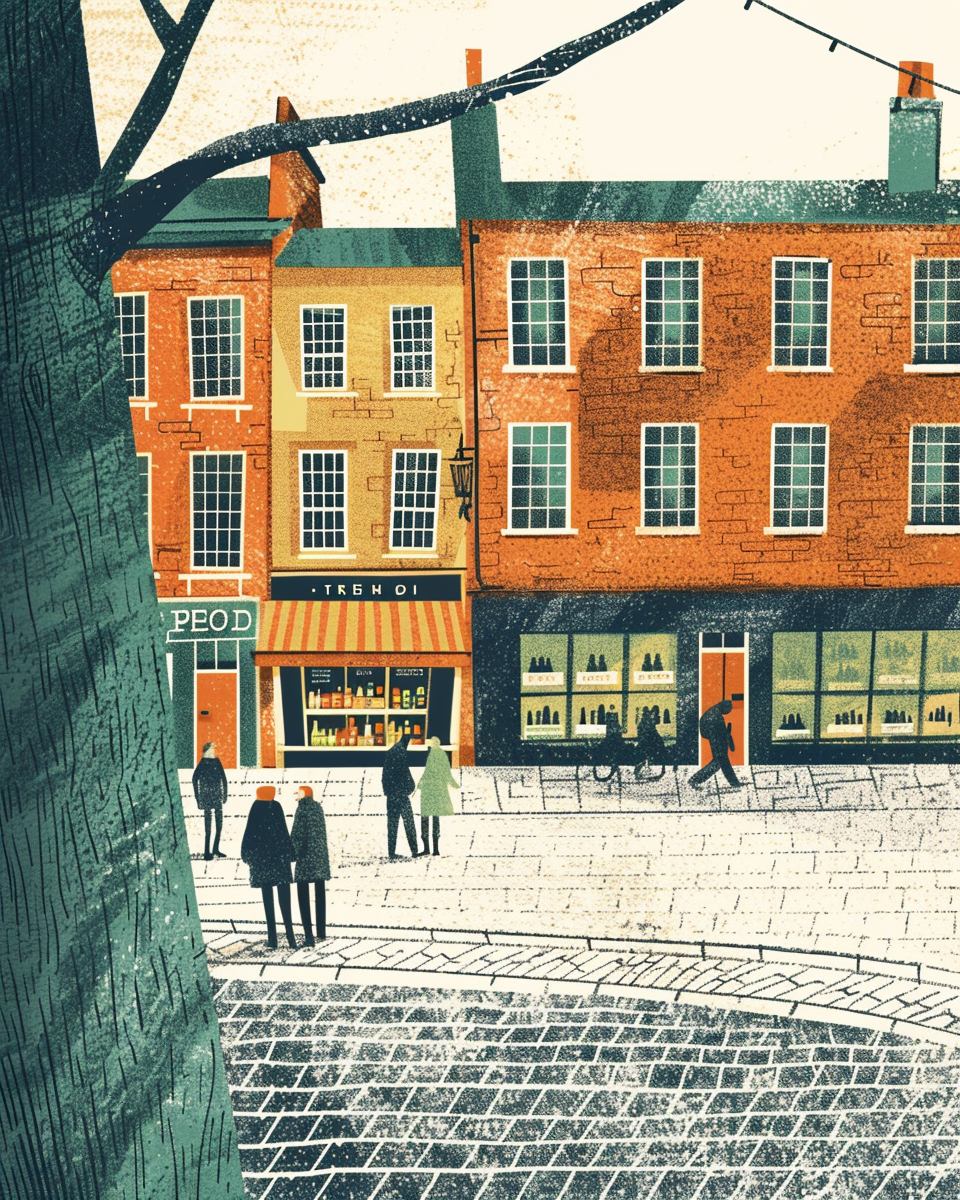The 18th century marked a transformative period for Scandinavia as the revolutionary ideas of the Enlightenment spread through the region. In Denmark, a pivotal moment came in 1784 when the Danish parliament passed laws abolishing requirements for rural laborers to remain on specific agricultural estates. This freed a significant percentage of the Danish population from feudal obligations.
Sweden experienced its own “Age of Liberty” from 1718-1772 as power shifted from an absolute monarchy to a parliamentary system. Progressive reforms during this period included expansions of civil rights and freedom of the press.
Even in Norway, which remained under Danish rule for most of the 1700s, there were stirrings of nationalist sentiment that would lay the groundwork for Norway’s eventual independence in 1814. Across the region, the Enlightenment era prompted social and governmental reforms that steadily chipped away at longstanding aristocratic privileges.
While the 18th century saw significant Enlightenment-inspired reforms across Scandinavia, the region was not entirely insulated from the turbulence and conflicts impacting the rest of Europe during this period. Denmark found itself repeatedly drawn into the continental military entanglements of larger powers like Prussia and Russia, depleting the nation’s resources and ultimately leading to state bankruptcy in 1813.
The 1700s saw the embrace the ideas of the Enlightenment era.
Norway experienced famine and economic hardship under Danish rule, sparking calls for self-governance. Even reform-minded Sweden could not avoid being dragged into conflicts like the Napoleonic Wars and the Finnish War with Russia, which resulted in Sweden permanently ceding territory to the Russian Empire in 1809.
However, the ideas and philosophies that took root during the Scandinavian Enlightenment endured and provided an intellectual framework for the greater self-determination and modernization these nations would embrace in the coming 19th century. The 1700s thus represented a pivotal transition era when Scandinavia began evolving from an entrenched feudal past toward a more egalitarian, democratic future.
Dejah Thoris caught her breath at my last words, and gazed upon me with dilated eyes and quickening breath, and then, with an odd little laugh, which brought roguish dimples to the corners of her mouth, she shook her head and cried:
It but remains for this council to command, and Tal Hajus must prove his fitness to rule. Were he a brave man he would invite Tars Tarkas to combat, for he does not love him, but Tal Hajus is afraid; your jeddak, is a coward. With my bare hands I could kill him, and he knows it.




After I ceased there was tense silence, as all eyes were riveted upon Tal Hajus. He did not speak or move, but the blotchy green of his countenance turned livid, and the froth froze upon his lips. Tal Hajus,” said Lorquas Ptomel in a cold, hard voice, “never in my long life have I seen a jeddak of the Tharks so humiliated. There could be but one answer to this arraignment. We wait it.” And still Tal Hajus stood as though electrified.
What a child! A great warrior and yet a stumbling little child.
What have I done now?
Had I known the significance of those words “my chieftain,” as applied by a red Martian woman to a man, I should have had the surprise of my life, but I did not know at that time, nor for many months thereafter. Yes, I still had much to learn upon Barsoom.
I known the significance of those words
It is better part of wisdom that we bow to fate with as good grace as possible, Dejah Thoris; but I hope, nevertheless, that I may be present the next time that any Martian, green, red, pink, or violet, has the temerity to even so much as frown on you, my princess.”
“Some day you shall know, John Carter, if we live; but I may not tell you. And I, the daughter of Mors Kajak, son of Tardos Mors, have listened without anger,” she soliloquized in conclusion.






